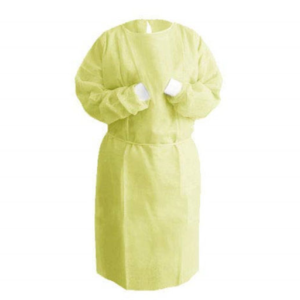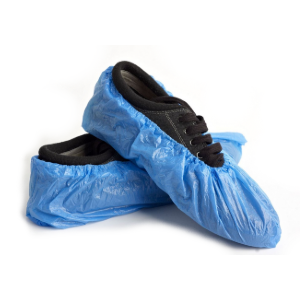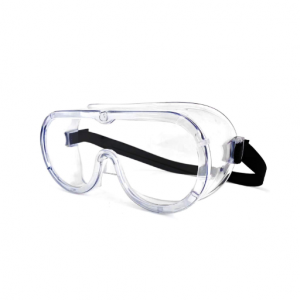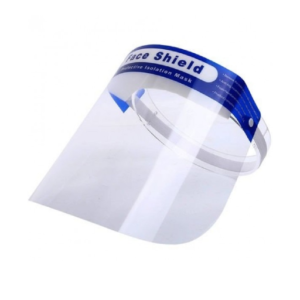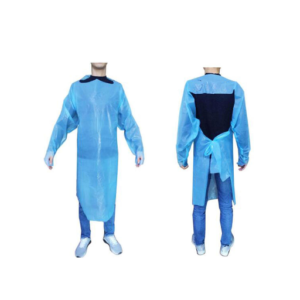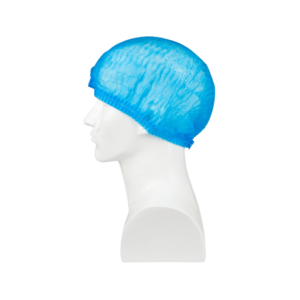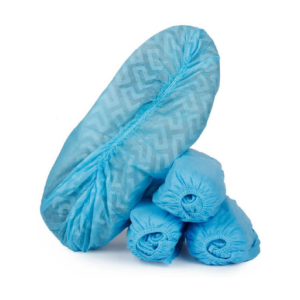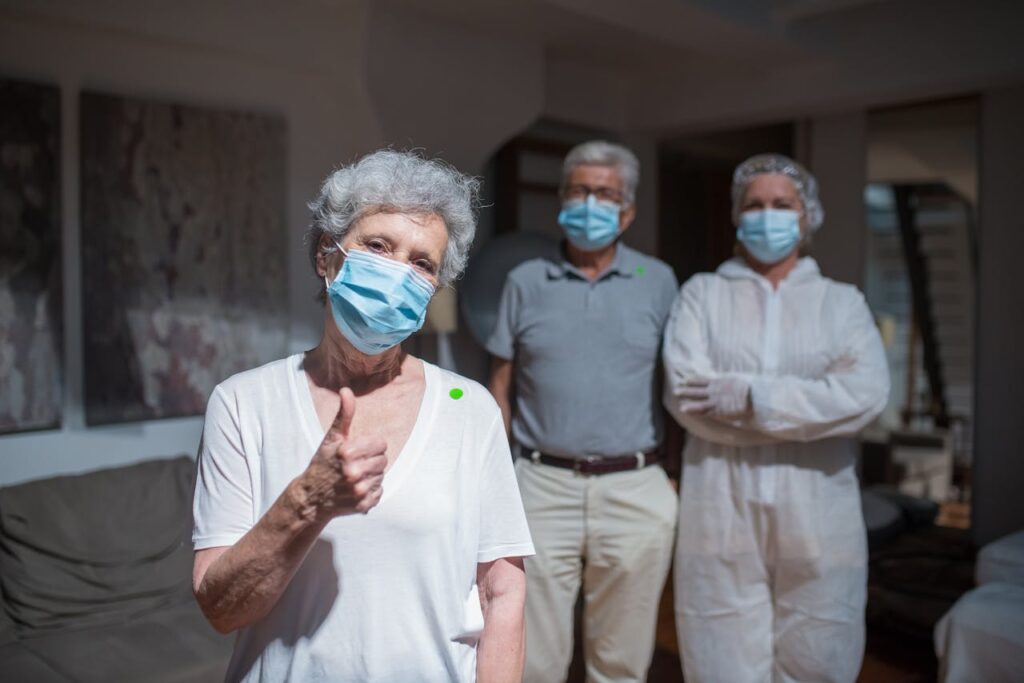
- Accessibility:
- Ensure you have access to face masks, gowns, aprons, and protective eyewear.
- Selection:
- Choose the appropriate PPE based on the risk of exposure to blood or body substances. For example:
- Wear gloves and a mask if caring for a resident who is sneezing or coughing.
- Wear gloves and a gown if a resident has diarrhoea.
- Choose the appropriate PPE based on the risk of exposure to blood or body substances. For example:
- Changing PPE:
- Change PPE before attending to other residents.
Cleaning
- Policy Adherence:
- Follow your organisation’s cleaning policy and schedule.
- Cleaning Agents:
- Use detergent and water for general cleaning.
- Use disinfectant when infection is known or suspected.
- Surface Cleaning:
- Regularly clean frequently touched surfaces, especially when they appear dirty or have been contaminated.
- Clean general surfaces and fittings when they look unclean and immediately after a spill.
- Equipment Cleaning:
- Clean equipment before using it with another resident, such as commode chairs, wheelchairs, blood glucose monitoring equipment, blood pressure cuffs, and wound dressing trolleys.
- Environment Maintenance:
- Encourage a tidy environment in residents’ rooms and communal areas.
Managing Spills
- Clean spills promptly, dispose of contaminated materials properly, and perform hand hygiene.
Multi-Resistant Organisms
- Standard Precautions:
- Use standard precautions such as hand hygiene, gloves, and gowns if there is a risk of blood or body fluid splash. Use goggles if there is a high risk of splash to the eyes.
- Proper Disposal:
- Ensure items are disposed of in the correct containers.
- Equipment Management:
- Ensure residents’ items and equipment stay with them and are cleaned regularly.

